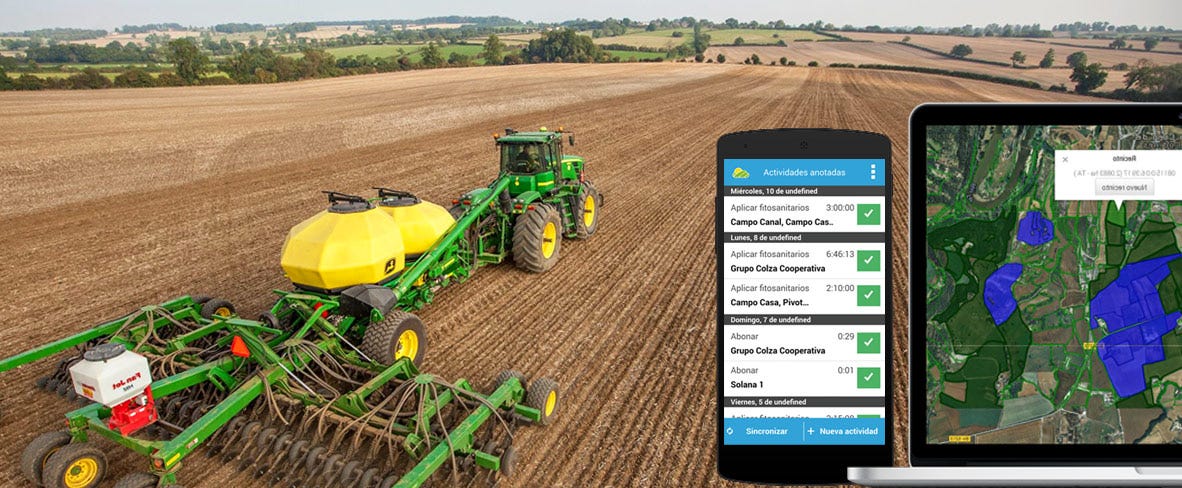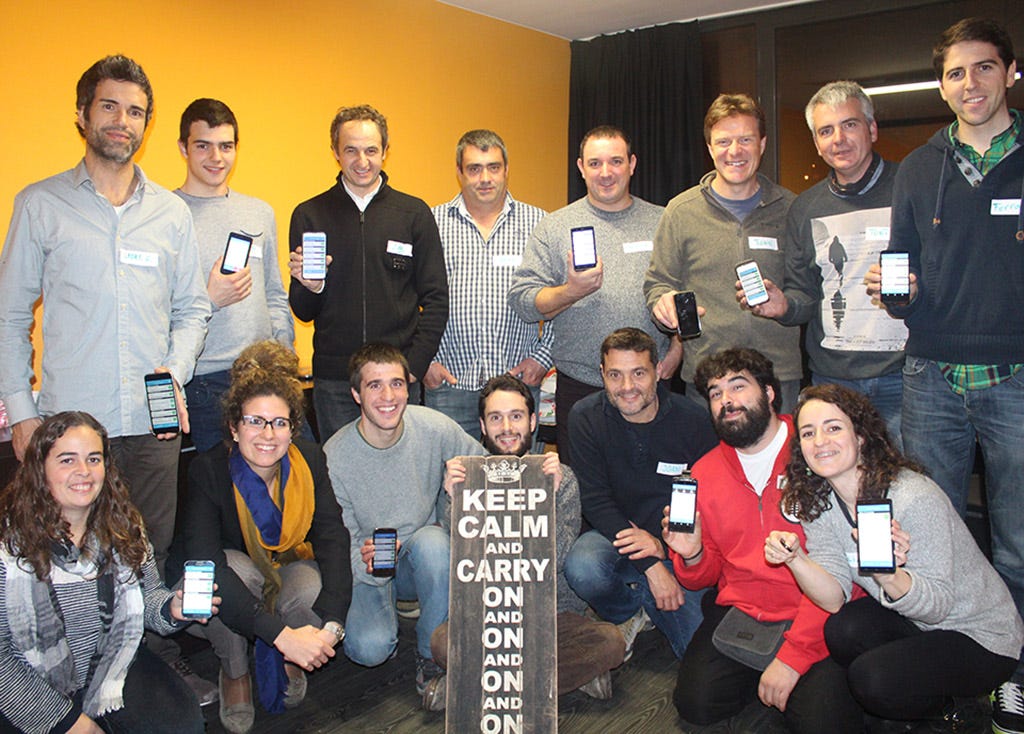Playfulbet hits the five million mark
How focussing on influencers first, has helped the social gaming platform cultivate a grassroots army of brand advocates.
Playfulbet is on a roll. Last week the social gaming platform hit five million registered users and has just been awarded the award for Best Social Gaming Company at Los Premios eGaming ‘16.
Between the accolades and a recent Ux overhaul on the platform, Playfulbet CEO Christian Enestrom found time to talk to itnig about it’s recent successes and what’s in store next for the company:
Eliza: Hi Christian, can you tell a little bit about what you do at Playfulbet?
Christian Enestrom: I’m the CEO so what I do specifically tends to vary over time. Right now, I’m dealing with product which basically means making sure that we know what the product roadmap is. We’re working in an AGILE way, which means that we work in sprints. We have two week sprints and I help define what the tasks and stories are for each sprint.
E: So you act as the scrum master.
C: Yes — scrum master but also product owner. The product for now is just a social betting platform so we have one product right now, but that will be changing soon.
E: As CEO you must have a hand in everything that’s happening at Playfulbet.
C:I do product, I do business development, which means talking to our clients and looking for new partners. I also do strategic planning, so basically thinking about where we are and where we want to be. And I do team — team building, new recruitment, making sure everyone knows what they should be doing. And that’s pretty much it. I’m also starting now with funding so we’re opening a new round of investment and that’ll take a lot of time. So that’s my story, my role. I’ve been CEO only 6 months eh! I started in… October!
E: You’re about to start your second round of investment right?
C: Yea! It’ll be our second round.
E: Can you tell me about the business model at Playfulbet?
C: So our business model is based on add revenue and affiliates. I would say the innovative part of our business model is basically that someone interested in sports can log onto our platform for free, and earn real prizes without ever spending a dime.
E: I’d say so, you just hit five million registered users! How many active users are there on average on the platform in a day?
C: In day we have around 200,000 people logging in to play.
E: And what are the strategies that Playfulbet has employed to get to such a high number of registered users?
C: We started with what’s called influencers. We work with influencers, and they help us promote the platform. Once we start working with one, when we can ensure the correct fit with our brand, we then work with another one, and another one, and so on and so forth until a wide enough array of non-incentivised and non-influencer people start getting to know and talking about Playfulbet.
E: Non-incentivised?
C: Meaning we didn’t pay them to talk about us. I mean influencers are a business so we have paid some of them to collaborate with us. The goal is to create a snowball effect and so far it’s worked really well for us. We have maybe x amount of influencers, each talking to their respective audiences, who then sign up and start liking our platform and what happens afterwards is basic word of mouth and that is actually the main reason we’re growing so much today. Via word of mouth. So today it’s mostly organic growth.
E: And Playfulbet has been around for four years, right?
C: Four years, yes. We’ve been very focused on Spain so far. But right now we’re starting to look at other markets like Brazil and France. We started working with an influencer in Brazil about two or three weeks ago and we’ve already started seeing a lot of videos popping up on YouTube from people — we have no idea who they are — just playing on our platform there [in Brazil].
E: Gameplay is huge on YouTube.
C: Yea, and it’s basically about getting those people to play when you have no idea who they are. They’re small, pulling in maybe 5,000–10,000 views each, but that’s really what has helped us grow. It all adds up over time.
E: How do you keep your audience once they register?
C: What do we do on retention? We do a lot of things. Right now we’re changing the emails that you get when you first sign up to use the site. We’re changing everything, making it all adaptive, meaning you sign up, and what you actually do on the platform will influence which email you get from us. So let’s say you sign up and you don’t place a bet at all. The next day you’ll get a list of recommendations on where you can place a bet on the site. If on your first visit you do place a bet, then the next day we might send an email telling you “look these are the prizes you can win for this many coins.” And the next day you might get an email prompting you to download the app and if you do, you get 10,000 coins…
E: Let’s circle back to your arrival six months ago. Has anything changed in the way you think about audience development since coming to Playfulbet?
C: I spent the first few weeks and months trying to understand our users, our platform, and based on that, start to plan things. The main thing that has changed in the last six months is basically where and how we want to grow. I’m now looking at Playfulbet as more of a sports platform in general. So, we’ll go beyond social betting. The business model won’t change, so it will always be social and we will give prizes to those active users that accumulate coins. But we’ll offer more than just one product or one experience. A multi-product platform all based around sports and e-sports.
E: Does that mean if they have enough coins, they’ll have an array of items to choose from?
C: Let’s say you have 100,000 coins today and FC Barcelona plays. There’s a 1.2 odd that Barcelona wins or something like that, and you multiply your coins by that odd. So you’d get 120,000 coins, and then you can redeem those coins for a prize if you want. That’s how Playfulbet works today. If you reach X amount of coins, you can redeem those coins for a prize.
So what we want to do eventually is not only have those coins to place a bet, but you could also have those coins to, let’s say, play a sports trivia or you could put some coins into other related games and sports.
There’s something else that’s buzzing around now, and that’s fantasy sports. We plan to get into daily fantasy, and that’s where I think the multi-platform will come in.
E: Daily fantasy! Can you explain more about how that’ll work on the platform?
C: For example, you have 10,000 coins. You decide to bet 2000 and you can play 5000. This means that you’d enter a league where you’d create your own team based on, let’s say, the Champions League of today and tomorrow. And if you win, you’ll get 10–15% of the whole pot. There are some similar companies in the US doing this, but they aren’t social. They bet for real money. We have no plans to change our business model which means that the social aspect, and winning real prizes and sports, those three components remain as they are. Moving forward, the betting will be just one part of the many things that we’ll be offering.
E: Has Playfulbet encountered any major on path to five million registered users?
C: The website went down for a few days in 2014, so that was a problem Playfulbet had to find a solution for really quickly. Launching the android app was a big hit for us in terms of getting new users. That was in May of last year… I mean, before we started working with influencers we were using other tactics for user acquisition but influencers proved to be really successful since it created a real and organic snowball effect. We haven’t really looked back since.
E: Any other key takeaways for us?
C: It comes down to these three things being completely aligned: Influencers, the business model and the target audience. Today you get to Playfulbet and you can enter for free, and you can win a PlayStation4. And that’s without ever putting in a single euro! So with no money, you can earn a real prize. And the target audience, well it’s aligned with the acquisition channel, (Influencers,) and with the business model. The three put together really works for us. For someone new coming in, even in another industry, you really have to make sure the three are aligned.
E: Last but not least, what’s next for Playfulbet?
C: Well, we continue to focuse on Spain but now we’re also looking to grow proactively in other markets — mainly France and Brazil like I mentioned. But my biggest objective is the US. I have hopes to get into that market next year. I’m preparing the whole company — team, resources, product, to make sure we take off running in the US!



